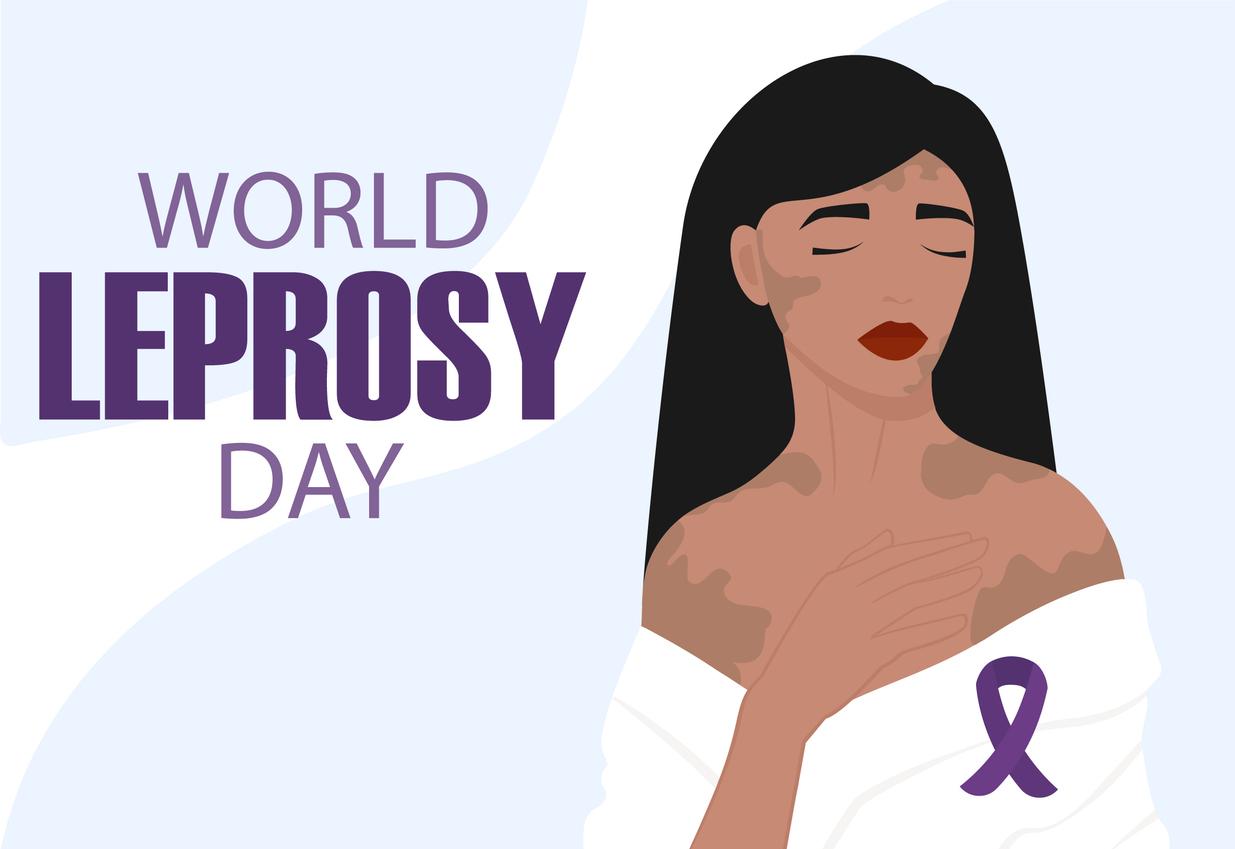According to a new large-scale international study, giving up cigarettes just two years before the diagnosis of lung cancer reduces the chances of death by 12%.

- It’s World No Tobacco Day on May 31.
- A new study shows that quitting smoking even two years before the diagnosis of lung cancer improves the chances of survival.
- The researchers plan to integrate their results into a pilot smoking cessation program.
In this world no tobacco day, a new study encourages smokers who would like to quit. Based on results presented to the American Society of Cancer Oncology (ASCO), the largest American congress devoted to cancer, it is never too late to quit smoking. Indeed, giving up cigarettes even two years before the diagnosis of lung cancer reduces the chances of mortality by 12%.
To come to this happy conclusion, an international team of researchers crossed data from 17 different studies conducted by the International Lung Cancer Consortium. In all, 36,000 people with lung cancer were followed. Among them, approximately 47% smoked at the time of diagnosis, 30% had already quit and 23% had never smoked.
After analysis, the researchers found that those who had quit smoking less than two years before being diagnosed had a 12% lower risk of dying after the discovery of cancer than those who had continued smoking. When smoking cessation had taken place between two and five years before the diagnosis, the reduction in the risk of death even increased to 16%. Finally, for those who had given up smoking more than 5 years before, this decreased by 20%. Last observation and not least: the benefits of quitting smoking were slightly greater in patients who had smoked at least twenty cigarettes a day for more than thirty years, heavy smokers therefore.
“Quit Smoking Now”
“This research shows that if you smoke and quit at any time, you are more likely to survive than someone who continues to smoke. The message of the study is therefore simple: stop smoking now”, summarizes the main author of this work, Dr. Aline Fusco Fares, (Princess Margaret Cancer Center, Ontario). The researchers also intend to integrate these data into a pilot program to help with smoking cessation.
“The improvements in survival seen even when quitting shortly before the diagnosis of lung cancer show that it is never too late to quit smoking”concludes Howard A. Burris, president of the ASCO, which will take place from May 29 to 31, virtually due to the coronavirus pandemic.
This study is not the first to highlight the long-term health benefits of quitting smoking, even for people who have smoked for years. Last August, an American study appeared in the Journal of the American Medical Association showed, for example, that in people who permanently quit smoking, the cardiovascular benefits are felt as early as five years after quitting. From there, the risk drops on average by 39% and becomes almost equivalent to that of people who have stopped smoking for 10 or 15 years, regardless of age.
Tobacco kills nearly 7 million people every year
Worldwide, smoking kills nearly 7 million people every year, including more than 6 million smokers and ex-smokers and more than 890,000 people exposed to passive smoking. In 2015, it caused 75,000 premature deaths in France. Tobacco is a risk factor in the development of cardiovascular diseases (myocardial infarction, heart failure, etc.), cancers (of course of the lung, but also of the stomach, esophagus or pancreas) and chronic diseases such as asthma and erectile dysfunction.
Besides physical illnesses, smokers are also more likely to develop or worsen mental health problems such as depression or nervous disorders. Finally, smoking has a considerable impact on quality of life (sleep problems, difficult physical exertion, etc.) and physical appearance (facial wrinkles are more marked, the complexion more greyish, teeth are more damaged, etc.).

.

















